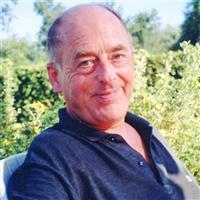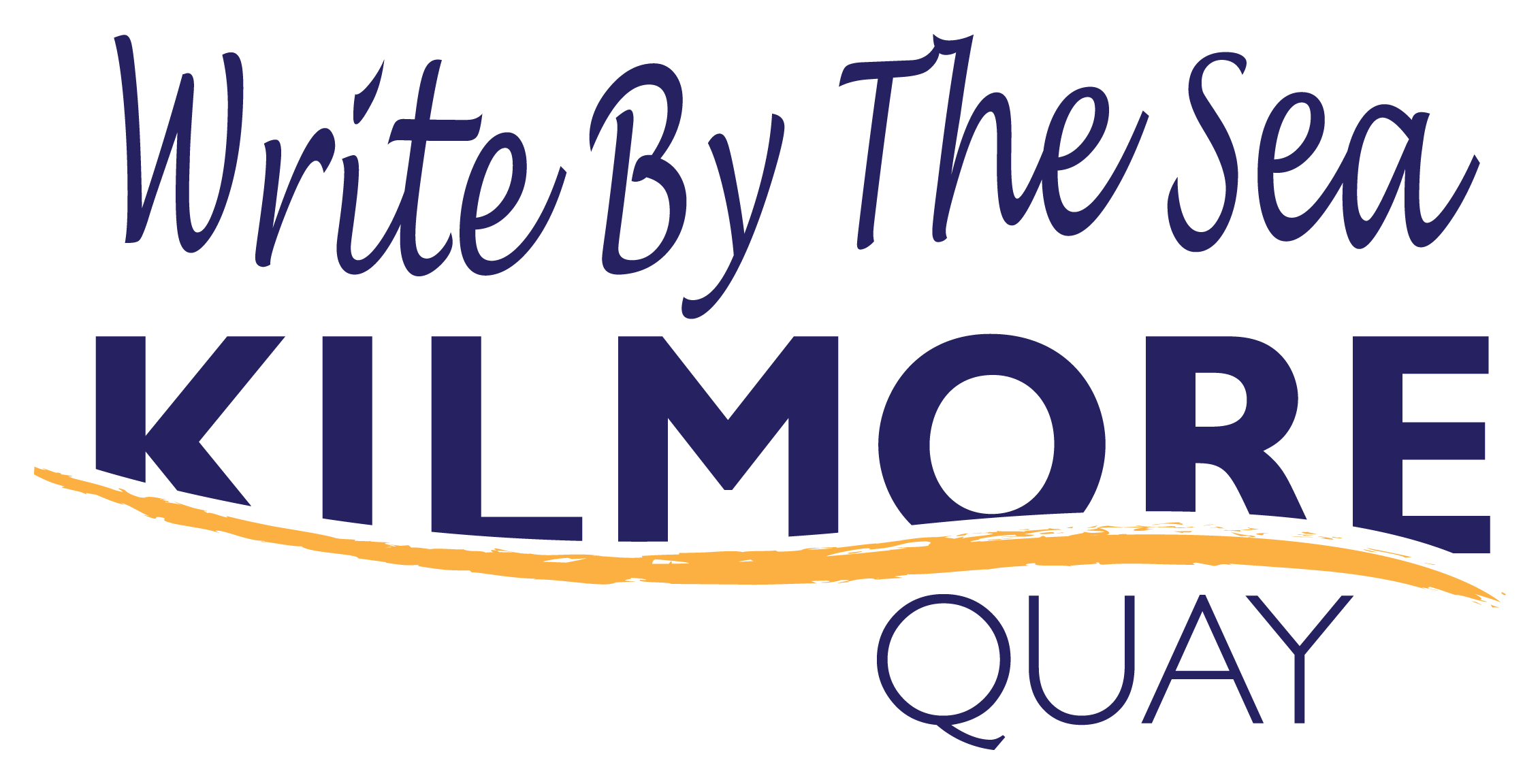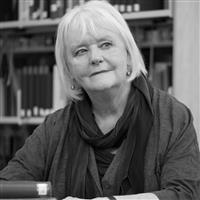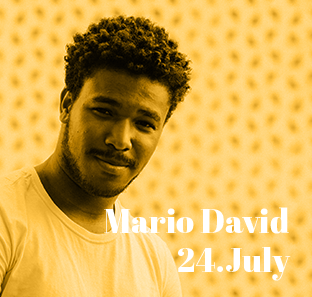
May 2021 Poetry lessons from award-winning poet Joe Neal

What does it take to be an award-winning poet? Our Guest Blogger Chiara Liberio chatted with Joe Neal, winner of the write by the Sea 2020 Poetry Competition (and overall 2020 Writing Competition prize-winner) to see if he could share any of his secrets.
Joe Neal was born surrounded by the rugged landscape of Wales and lives near the idyllic River Sow waterfall, Wexford. While beautiful nature may be a backdrop to his inspiration, his long-standing experience on stage as an award-winning actor and in journalism means that he is well aware of the power of the written and spoken word. He is a prolific, award-winning poet and author of six collections of which the latest, Rossetti’s Wombat, has received very positive reviews. His poetry is made of charged moments that challenge our views and relationship to nature and the surrounding world in unique ways. This is what happens in “The Savage Sea”, overall winner of the 2020 Write by the Sea Writing Competition. But how is a poem born? Where does inspiration come from? Does method matter? And most of all, what can poetry offer us in the twenty-first century? Here Joe shares his insights and thoughts on the creative process and the relevance poetry may have for the present.
Chiara Liberio: Where does inspiration come from, for you?
Joe Neal: I think inspiration for a poem can come from just about anywhere: observations in nature, dreams, memories, loves found and lost, some form of human behaviour seen or heard or just a sudden, inexplicably fresh take on something quite mundane or prosaic. Mostly my writing plunders dreams and memories and bends to the natural world. And music too.
Sometimes a place, a people past, peels off on you and you get sucked in by the essence of awareness and carry it away with you when you move on. Such a poem came out of a visit to West Virginia when I discovered a derelict wood cabin in the mountains and imagined who might have lived there.
I believe my experiences as a Fleet Street journalist and as a professional actor have led me to choose the particular medium of poetry as my form of expression – writing very tightly and concisely and gaining inspiration through a heightened imagination.
CL: So how is that inspiration born?
JN: Putting a poem together is a very strange experience – a strange exercise of thought. An idea drifts into the mind and grabs your attention; it can happen at any time – but once it does, it chases after words, setting them into a kind of melody. I would call this “tuned thoughts.” And that may be a good definition of a poem: TUNED THOUGHTS. I often think that writing a poem is like digging a trench for the pure hell of it: you get nowhere really, but it’s quite invigorating! I jest, but it’s half-way true. I just like to share what I love about life.
CL: What effect does your poetry strive for?
JN: The actual power of a poem lies in its ability to remind the reader that there is more than one universe of understanding – more than one way of looking at something, be it an experience or memory of that experience.
The trick is to present that moment of (dare I say) enchantment in a way that on a fifth or sixth reading it is as exciting and revealing as it was on the first reading. A hard road to hit, but that’s the challenge I set myself anyway!
I try to entertain and to stimulate the reader, to provoke his or her imaginings. The perfect poem is, I think, like a pop disc single: it draws you towards it but doesn’t give you quite what you want – you, the listener or reader, make the completion in your own mind. I accept that some of my poems are more like the B-side single – not the best, but different!
CL: Nature features widely in your poems: do you think that poetry is a way to respond to the environmental crisis and to the present?
JN: Earlier I mentioned nature as a major influence in my writing. It has been a major interest during my life and I was fortunate enough to have been brought up in the mountains of North Wales and in sight of the sea. At least half of the 100 poems in my latest collection (Rossetti’s Wombat) reflect this. More recent writing has been in response to our current environmental crisis.
Poetry has always been difficult to sell – largely, I think, because it was so badly taught at school, though now things have improved immensely and poetry is enjoying a revival of popularity.
My generation was made to learn by heart certain classic poems which the teachers themselves had probably been taught when they were children – poems which often had no apparent connection with life as we lived it. Nowadays the emphasis is on poetry which really connects, and on reading aloud in a meaningful way.
CL: Do you have a method or a routine when writing?
JN: When I write, I always say aloud the words as they come to mind. The colour of the image, the sound of the words, the rhythm, the melody – these are all important. The line has to sound right, as well as convey meaning.
A routine is essential for serious writing but I confess that I am not very good at keeping to this advice as my life tends to be somewhat wild and impulsive. However, if deadlines are set such self-indulgence can be overcome.
CL: How is the experience of preparing and submitting a poem specifically for a festival?
JN: My experience of preparing and submitting a poem for a festival is limited. I rarely try for competitions or submit to magazines as they all seem to demand what to me are rather complex forms of entry. I still favour a typewriter from my pre-computer days as a professional journalist and hard copy sent through the post is rarely accepted. My advice – if you want to enter writing competitions, learn about the internet. It’s just not for me!
CL: What advice would you give to someone who wants to start writing?
JN: To sum up: in all forms of writing – even poetry – I try to tell a story. Look around you. Watch and listen and report. Remember your imaginings too. And pay heed to all your dreams. Tweak out those lockdown nightmares for therein lie stories too. Stand outside your memories and narrate what you see. That third person may uncover a new insight, a new angle on the truth. Like a clown, in sadness find a smile. Live what you are writing in that moment of creation (much as an actor becomes the character he or she is playing).
I could go on, but that’s for you to do. Read what others write and find your own voice and style. Carry a notebook and pen wherever you go. And write again and again and again…
You can hear a live reading of Joe Neal’s 2020 winning poem, “The Savage Sea” and you can also listen to recordings of the 2020 winning Short Story and Memoir here: http://localhost:82/wbts2/previous-winners/#.
Diary date: Renowned Poet Mary O’Donnell will host the next Write by the Sea Poetry Masterclass on 12 June 2021 and you can book your place here: http://localhost:82/wbts2/poetry-masterclass-with-mary-odonnell-12-june/
If you have been inspired by Joe’s success, our 2021 writing competition is now open for entries and we would love to receive your entry. Click here for further information: http://localhost:82/wbts2/writing-competitions/#competitions




